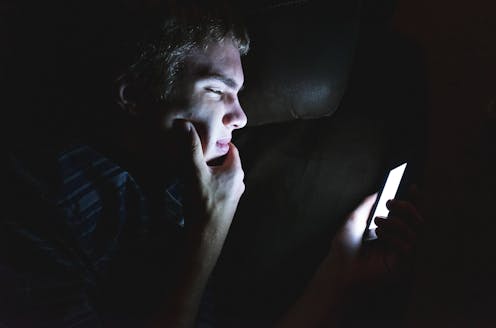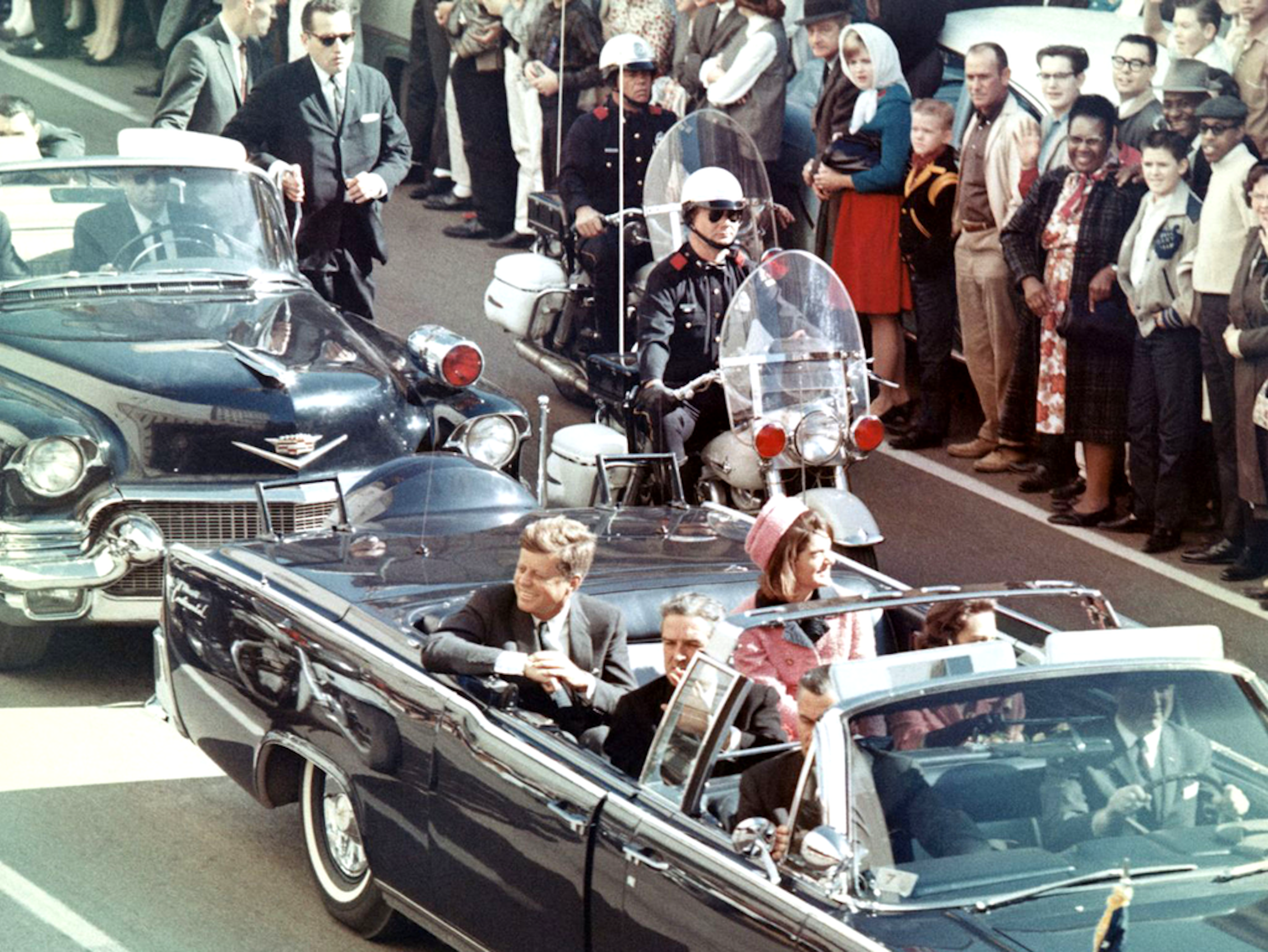
COVID-19 conspiracy theories have encouraged people to engage in some dangerous activities in the past few months. There is no simple explanation for why people believe conspiracy theories like these, and the best researchers can say is that the causes of such beliefs are complex and varied.
And yet journalists, activists and politicians are increasingly blaming the internet, and social media in particular, for the spread of conspiracy theories.
The accusations aimed at social media tend to take the same narrative form as many conspiracy theories. It might be an anecdote, perhaps testimony from a trusted source such as a doctor claiming that social media companies “truly have blood on their hands”. Or it might be the portrayal of the public as an innocent victim at the hands of malicious internet profiteers – all designed to appeal to people already disposed to distrust corporations and tech companies.
The problem with such accusations is that the evidence paints a more nuanced picture.
The pre-internet era
Conspiracy theories were being generated, spread, and believed well before the internet and social media.
US President John Kennedy was assassinated in November 1963. Shortly afterwards most Americans believed – in opposition to the official explanation – that the president had been killed by an unidentified group of conspirators rather than by a lone gunman. By 1975, 80% of Americans believed in one form of Kennedy conspiracy theory or another.

In the late 1940s, someone found debris in the New Mexico desert at Roswell. By 1997, 71% of Americans believed the government was hiding information about UFOs, 45% believed that aliens had visited Earth, and only 25% believed the government’s explanation of what actually happened at Roswell.
Our polling of Americans has uncovered few examples of conspiracy theories that enjoy as much support as those about JFK and aliens from the pre-internet era. For example, the theories that President Barack Obama faked his birth certificate to illegally usurp the presidency, and that the Bush administration or some other group was behind the 9/11 terror attacks typically find support among no more than 30% of the American public.
It remains an open question if conspiracy theories were even more widespread and influential before the internet. Consider, for example, the anti-communist Red Scares of the 20th century, the Illuminati panics of the early 19th century, or the witch trials of the 17th century.
Technology isn’t the problem
What we’re seeing now with COVID-19 is nothing new: conspiracy theories have flourished across human history, and for many reasons. Some psychologists suggest that they are a natural byproduct of evolutionary psychological mechanisms that are sewn into our DNA to help us detect threats and protect ourselves from rival groups. Historians find that conspiracy theories have been a regular presence, used by leaders and fringe groups alike to spread their message and build coalitions.
Despite their familiar tropes, COVID-19 conspiracy theories are new and disconcerting – and they are being spread on YouTube, Reddit, Facebook, and Twitter. But, modern commentary engages in numerous errors of reasoning. It sees only particular conspiracy theories, rather than the basic building blocks shared by all such theories.
In the past, video games, rock music, television, the telephone, radio, and books were all methods of communication upon which the supposed newfound ills of society were blamed. In the 1980s, for example, the popular new board game Dungeons and Dragons was said to be corrupting the nation’s youth; the TV show 60 Minutes even ran a story with supposed experts attesting that the game could summon actual demons.

This article is part of a series tied to the Expert guide to conspiracy theories, a series by The Conversation’s The Anthill podcast. Listen here, on Apple Podcasts or Spotify, or search for The Anthill wherever you get your podcasts.
Why people believe conspiracy theories
Political science and psychology research shows that the motivations to believe or disbelieve conspiracy theories are largely unrelated to particular methods of communication.
What researchers call “motivated reasoning”, for example, leads people to accept conspiracy theories that are congruent with existing political and social motivations and reject those that are incongruent with such motivations. This explains why Trump supporters are more likely to believe the conspiracy theory that the threat of COVID-19 is being exaggerated to hurt Trump’s presidency than Trump’s opponents.
Read more: How conspiracy theories spread online – it's not just down to algorithms
Likewise, many of the psychological states that make conspiracy theories attractive have little do with social media. Uncertainty, powerlessness and anxiety – feelings caused by a rising death toll, crumbling economy and social isolation – would be exacerbated by a pandemic irrespective of time spent on Facebook or Twitter.
In other words, people believe in conspiracy theories for a host of reasons, both conscious and unconscious. We are not merely blank slates, lemmings ready to believe any idea to which we are exposed. Recent studies even find evidence that young people who grew up with the internet are more discerning than those of past generations when it comes to the information they are exposed to online. They truly “don’t believe everything they read on the internet”.
Regardless of their long history, or their recent spread on social media, conspiracy theories do pose a problem for society. But, misattributing blame for conspiracy theories to social media ensures that the problems they pose will persist.
The authors do not work for, consult, own shares in or receive funding from any company or organisation that would benefit from this article, and have disclosed no relevant affiliations beyond their academic appointment.
